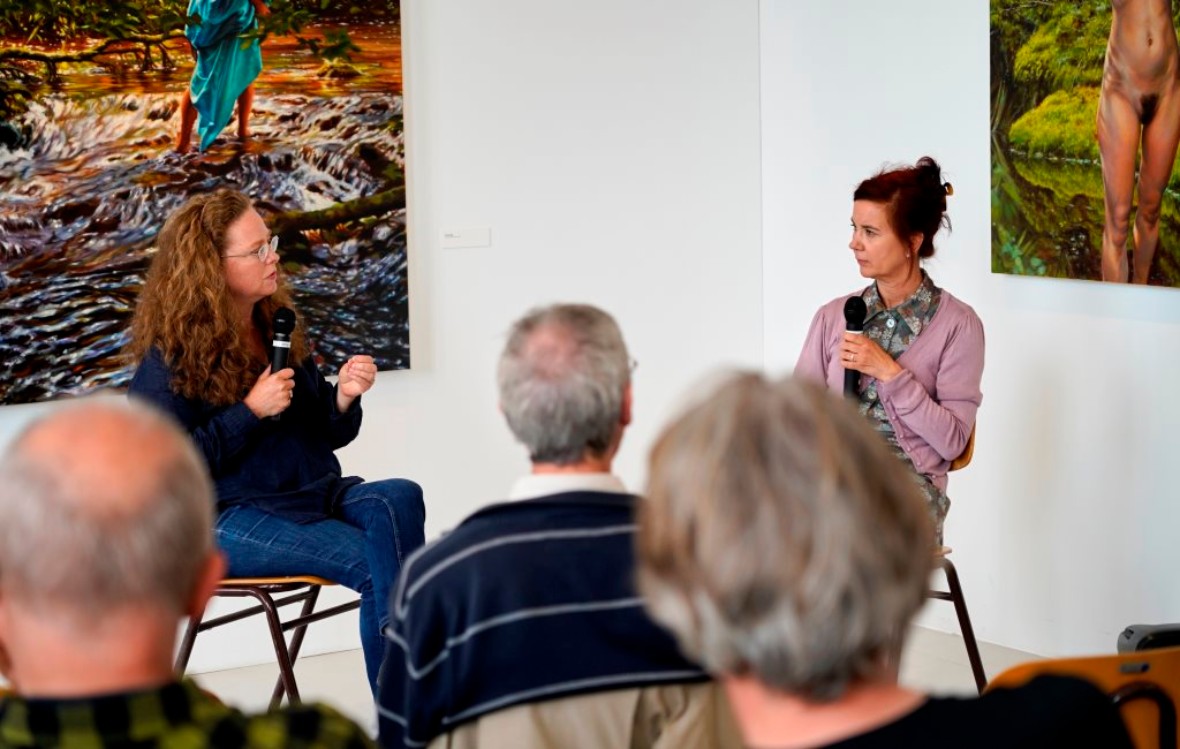Art is never chaste. (Pablo Picasso)
The exhibition JUST NATURE in the spring of 2019 will deal with concepts of freedom that are reflected in the relationship between man and nature. Which images of nature are prevalent in contemporary culture and how is the human body represented in the landscape? The exhibition JUST NATURE in the Kunstforum of the TU Darmstadt compares the predominantly digital life with the question of the relationship between man and nature and enquires into possible social utopias beyond the Internet and the virtual world.
In our exhibition LOST IN TRANSITION – From Fugitive, Ephemeral (September 24 to December 10, 2017), the American artist William Lamson´s video work “In the roaring garden” discusses the thoughts of the transcendentalist Henry David Thoreau (1817-1862). Thoreau described the question of the possibility of a simple life in nature, a remarkably current theme, in his 1854 published book “Walden-Or Life in the Woods”. These suggestions are taken up in JUST NATURE.
The exhibition, curated by Julia Reichelt, focuses on the work of the American artist Susannah Martin (*1964, New York). Her paintings, which are dedicated to the classic theme of “the Nude in Landscape”, are not only surprising due to complex allusions. Known motifs can be found in it as well as certain periods of art history, such as the painting “Déjeuner sur l´Herbe” (The breakfast in the open) by Éduard Manet (1863) or the period of the “Lebensreform” movement around 1900.
Susannah Martin finds a completely unique pictorial language to represent the relationship of the nude in nature. For her, the exposed human being, devoid of any social indicators, is a symbol of the human being par excellence. In its relation to nature, the antagonistic gap between the natural and the natural state and the human being as a consumer or cultural being is reflected: "I am interested in exploring the nature of our enslavement to our own cultural creations and our psychic battle for liberation from these addictions.” (Susannah Martin)











